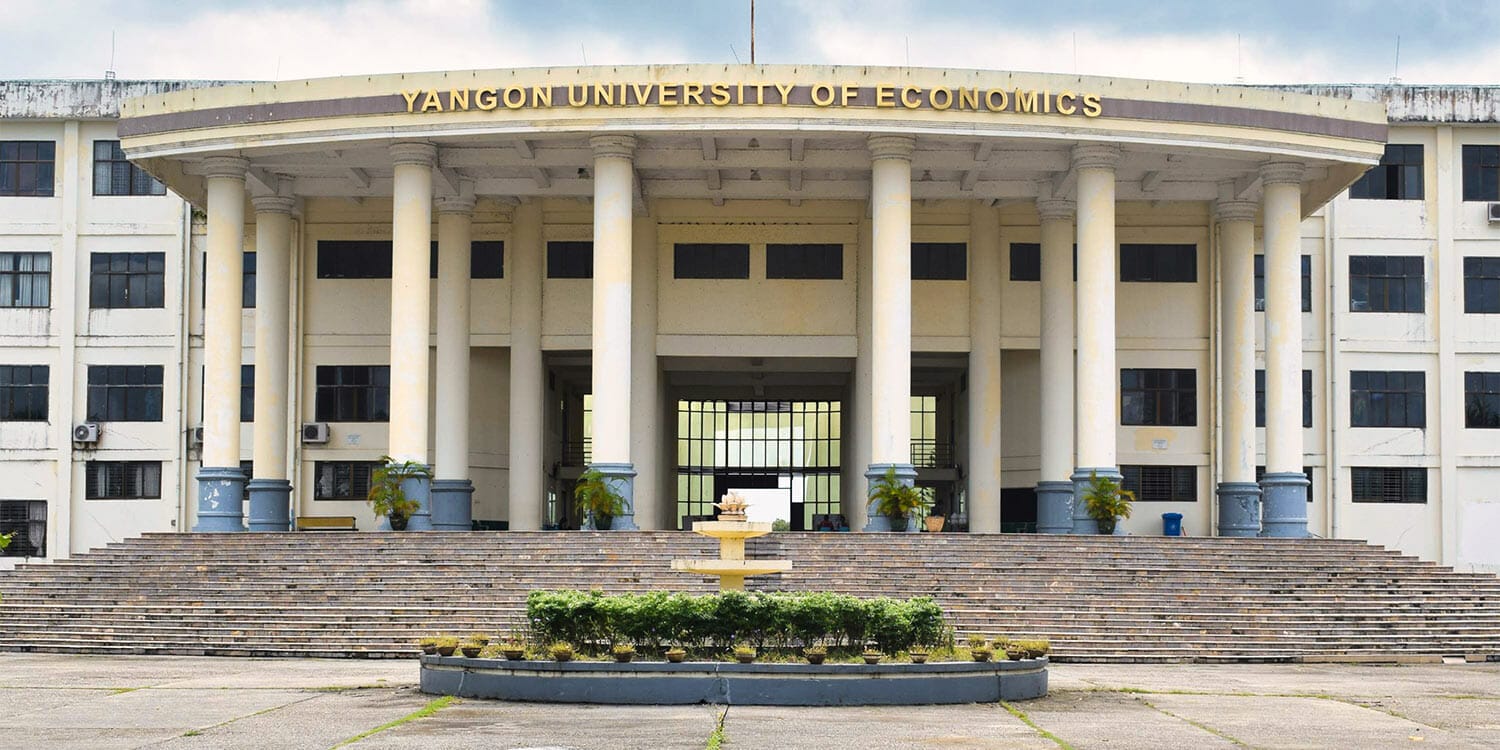UBC Myanmar Initiative
Previous Training Programs
The Institute of Asian Research (IAR) at UBC ran a capacity development program at the Yangon University of Economics (YUE) and the University of Yangon in Myanmar from 2017-2019. This capacity development program aimed to equip faculty and students in Public Policy with the critical skills required in undertaking policy-oriented research.
The program included four components:
- The UBC-YUE summer program, where three intensive one-week courses are taught by UBC faculty in Yangon with an emphasis on hands-on practice and application;
- Opportunities for YUE faculty to collaborate with UBC’s School of Public Policy and Global Affairs (SPPGA) as a visiting faculty;
- A one-semester exchange program for YUE scholars to attend UBC’s MPPGA program; and
- A research mentorship program where YUE students can be mentored by UBC faculty members or graduate students.
The UBC-YUE summer program was at the centre of UBC’s initiative. Between 2017 and 2019, well over 100 participants successfully completed a range of courses designed to promote research skills for effective policy making. Participants included YUE’s teaching staff and senior graduate students, many of whom were mid-career professionals with roles in the policy process. Approximately two-thirds of participants were female.
UBC Myanmar Initiative
Capacity Building in the Context of Myanmar
Capacity building in the context of Myanmar is especially important; in a survey conducted among the participants of the summer program, 60% reported having had no prior formal training in research methods. Among the teaching staff who attended the program, this number was even higher.
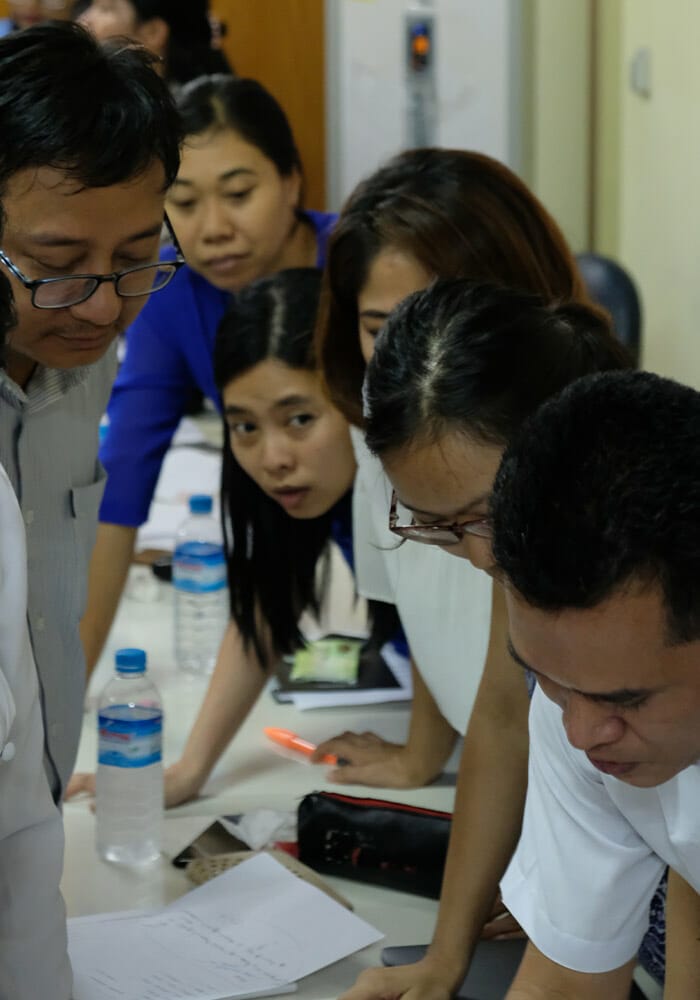
Among the courses offered included Key Concepts and Methods for Policy Research taught by Rick Barichello from UBC, Quantitative Methods and Econometrics taught by Kai Ostwald from UBC, and Survey Methods and Design taught by Steven Oliver from Yale-National University of Singapore. Each course ran for three hours over five days, with an emphasis on hands-on application and mutual learning. Participants were encouraged to apply the concepts and tools taught to their research projects in both their academic and professional careers. The utility of such an approach was reflected in the feedback given by the participants, with more than one participant highlighting the relevancy of the courses to both their work and their studies. The courses also served to spur further interest in the topics covered, with participants expressing enthusiasm in continuing their foray into research methods and design. Similarly, the interactive nature of the workshop meant that the UBC participants were able to learn from their YUE counterparts, who shared in-depth insights into the complexities of the democratic transition, local governance as well as the peace process in Myanmar. Such collaborative exchanges continue even after the conclusion of the summer program, in the form of research projects to be conducted jointly by UBC faculty and PhD students with their counterparts in Myanmar.
The benefit of such collaborative learning was perhaps best exemplified during the IDRC-organized knowledge hub and market place held midway through the program. At this forum, universities (including UBC’s SPPGA), think tanks, research institutions and civil society organizations came together to share with one another the work they have been doing in the social and economic space. In the course of doing so, new opportunities for collaboration were discussed. Even as established international institutions such as UBC contribute resources and expertise, local organizations provide an invaluable source of contextual knowledge and know-how. Together, the strengthening of formal and informal relationships between institutions and individuals in Myanmar and Canada can yield further mutual learning, benefiting both communities in the long-run.
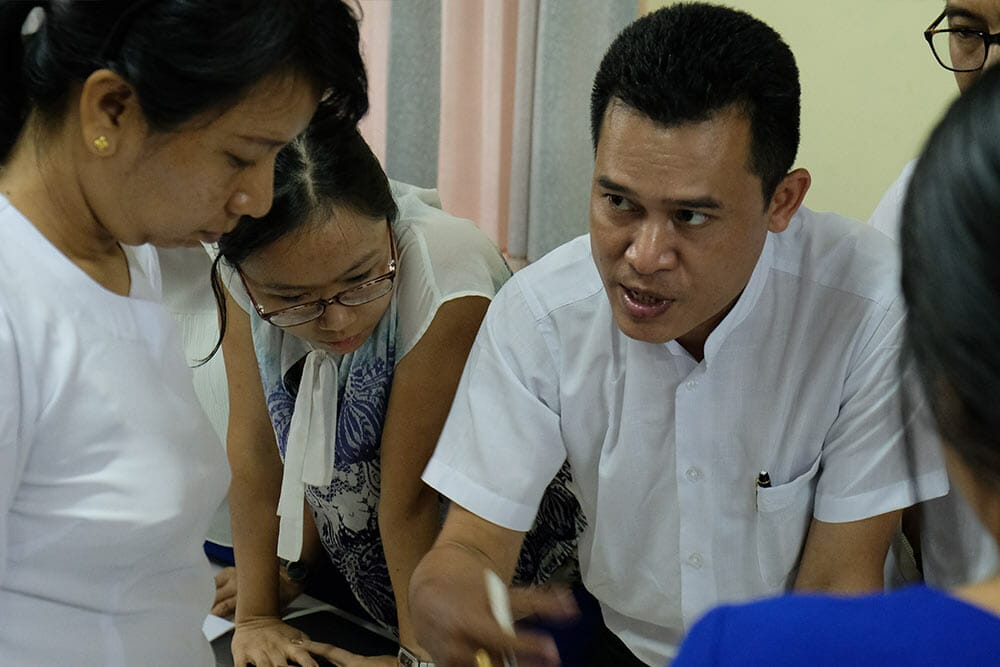
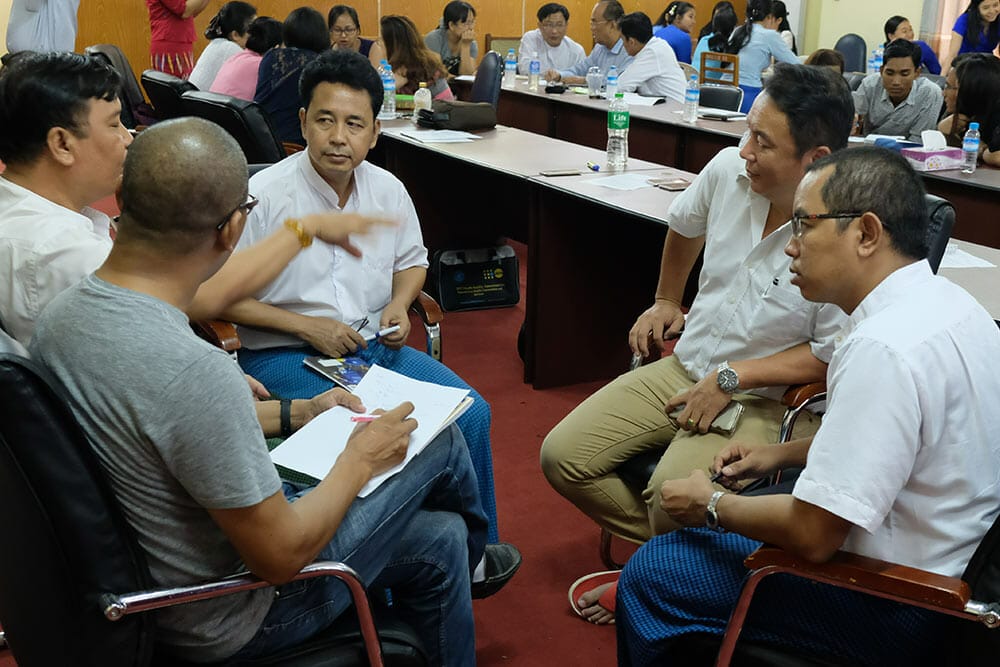

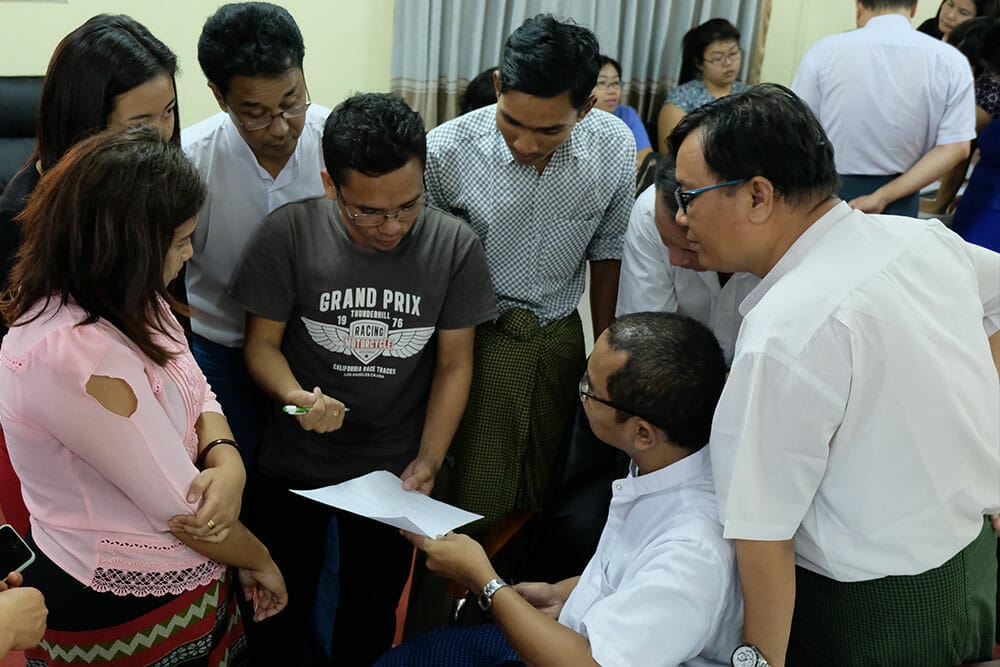
UBC Myanmar Initiative
Impact
The UBC-YUE summer program has consistently received tremendous positive feedback since its inception. Discussions and written feedback from program participants suggest a significant positive impact. Participants indicated that the classes were useful for both their academic and professional work, especially when it came to the design and development of policy research. Many participants expressed that they were much better equipped to embark on their research projects, be it within an academic setting, or in their professional work.
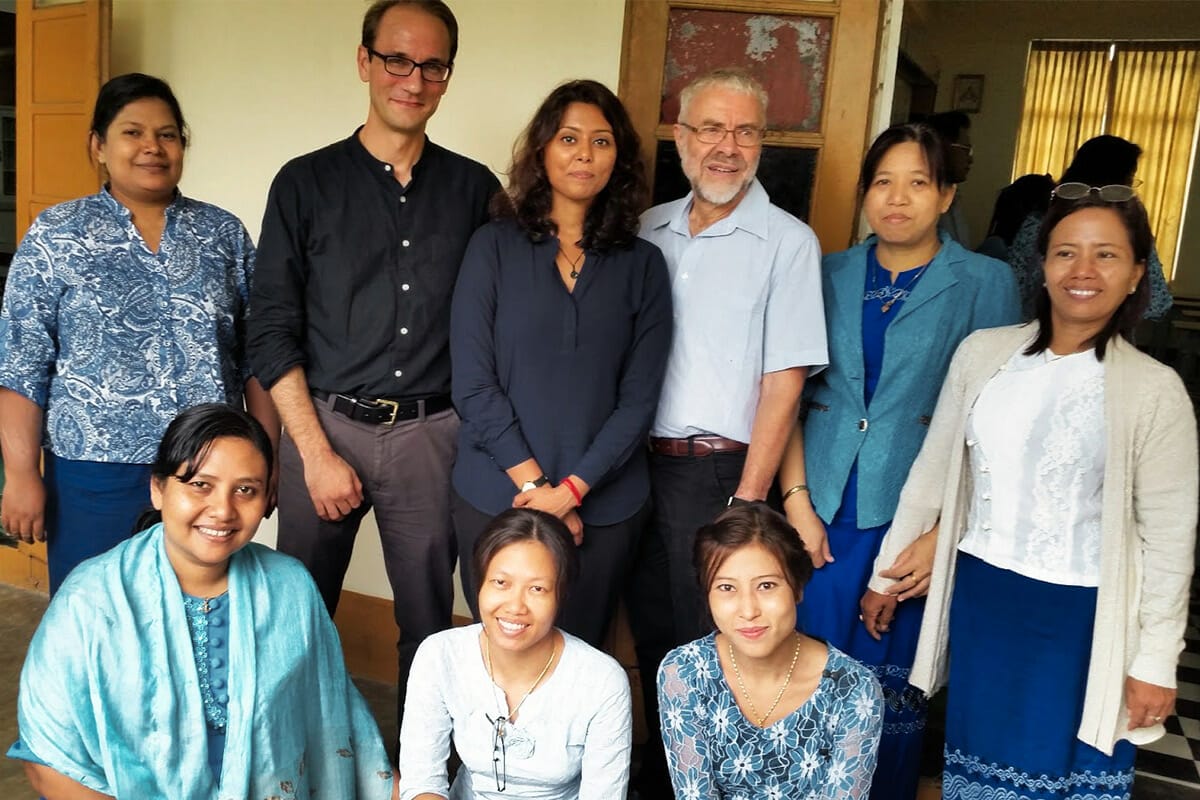
Interview with Khaing Aye Nyein
Khaing Aye Nyein was a YUE visiting scholar to UBC in 2019.

